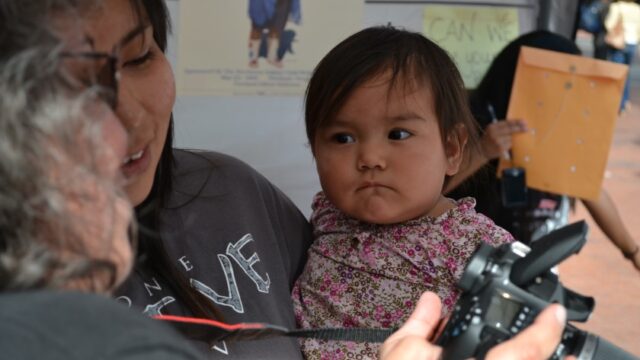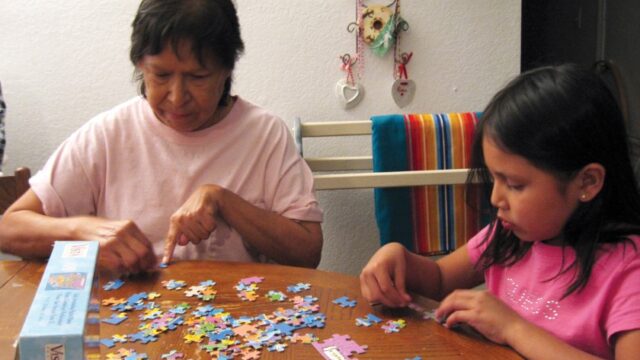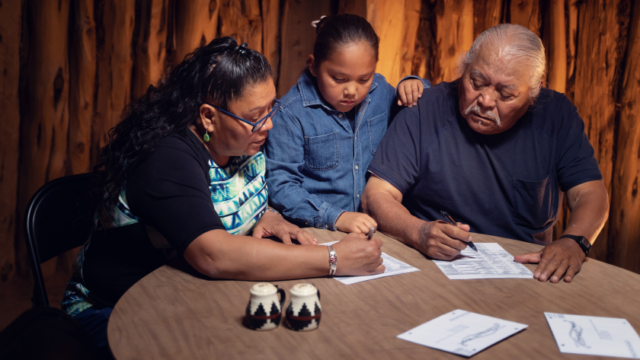
Created by the National Indian Child Welfare Association (NICWA), one of the primary partners of the Network, this guide explains the Indian Child Welfare Act (ICWA), noting its requirements and providing instructions and information on best practices. The document answers questions in a detailed and digestible format, clarifying legal terms and necessary procedures.


